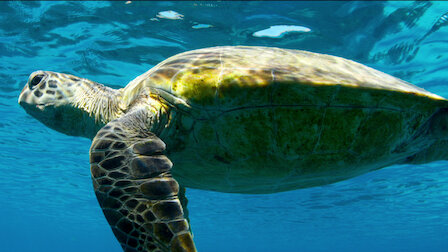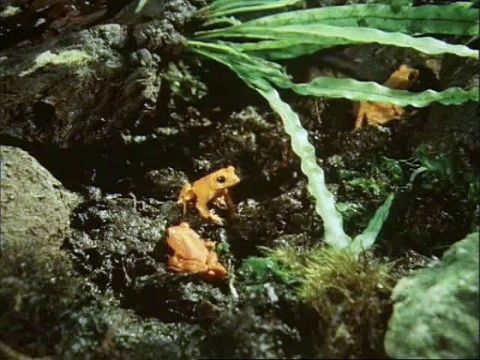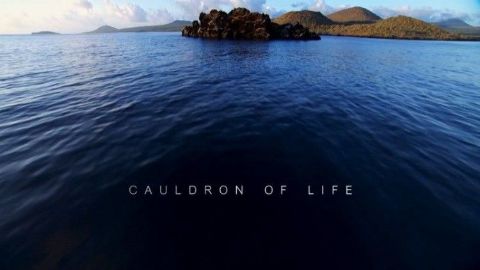Fungi: The Web of Life • 2023
Much of life on earth is connected by a vast, hidden network that we are only just beginning to understand. Out of sight, between the world of plants and animals, another realm exists - the kingdom of fungi. Passionate biologist and writer Merlin Sheldrake travels the globe, exploring the secret world of fungi. Through dazzling images of fungi under the microscope and all around us in the forest, Merlin unravels the many secrets of these essential organisms. So much more than mushrooms, not only do fungi shape the weather and support life on land, they are also at the cutting edge of medical research and even have the power to break down plastic waste. This film takes us from the ancient Tasmanian Tarkine rainforest to the mystical wilds of China's Yunnan Province, in search of solutions to some of our planet's biggest challenges. Can the answers be found in the wonderful world of fungi?
Make a donation
Buy a brother a hot coffee? Or a cold beer?
Hope you're finding these documentaries fascinating and eye-opening. It's just me, working hard behind the scenes to bring you this enriching content.
Running and maintaining a website like this takes time and resources. That's why I'm reaching out to you. If you appreciate what I do and would like to support my efforts, would you consider "buying me a coffee"?
Donation addresses
BTC: bc1q8ldskxh4x9qnddhcrgcun8rtvddeldm2a07r2v
ETH: 0x5CCAAA1afc5c5D814129d99277dDb5A979672116
With your donation through , you can show your appreciation and help me keep this project going. Every contribution, no matter how small, makes a significant impact. It goes directly towards covering server costs.





